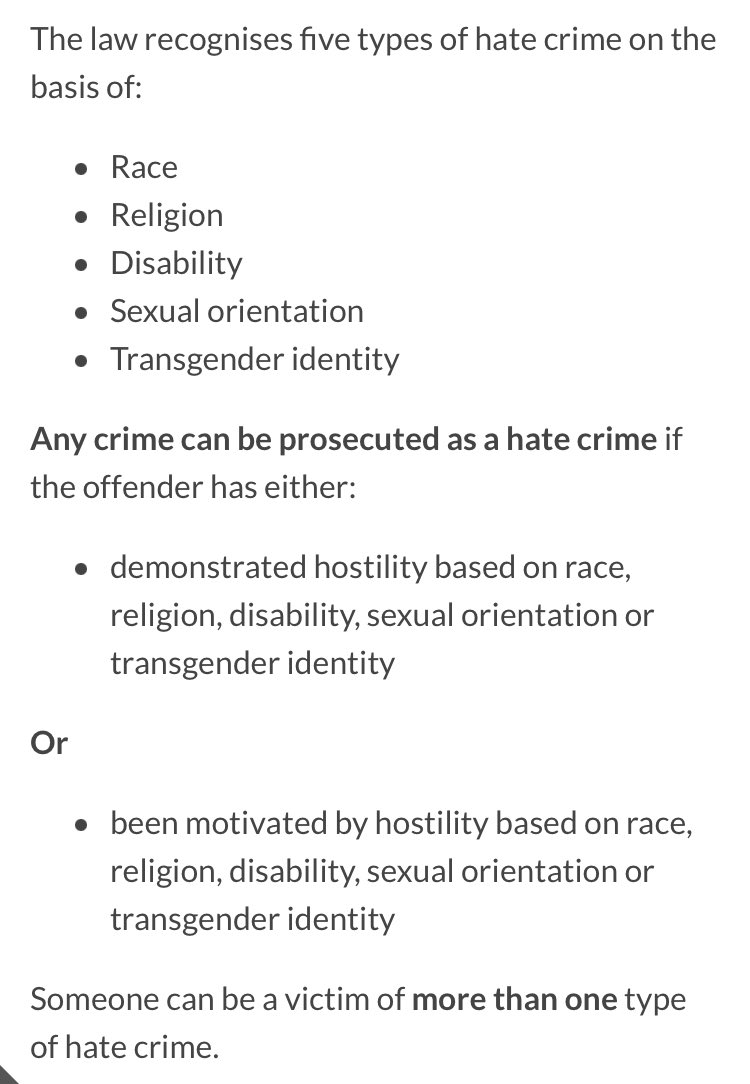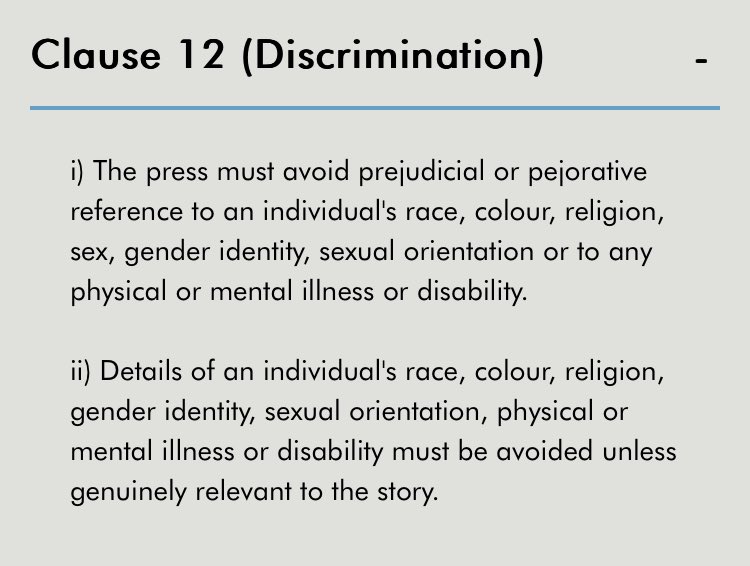
Ok, here goes, why I don’t think #JeremyClarkson has committed a hate crime against Meghan, the Duchess of Sussex. Please bear in mind this is not a defence of what he wrote. I’m just trying to explain why he hasn’t broken the law, or in my view, the Editors’ Code of Practice
A few people have asked me whether what he wrote was a hate crime, and I’ve seen quite a few of those reacting with disgust to his column suggesting it might be. If you want to read it it’s here - thesun.co.uk/news/20782114/… - I quite understand if you don’t…
The passage that has caused the most offence is this one, and two lines in it in particular… ‘I hate her on a cellular level’ and the line about her being paraded. 

Not that it makes it much more palatable, but I understood that line to be a Game of Thrones reference, to this scene, which has become a meme…
He has since apologised, sort of, for this, saying it was a ‘clumsy reference’ - the sort of understatement we haven’t come to expect from him… 

So the scene is set, and the question I’ve been asked is whether this is a hate crime. Well, any crime can be a hate crime, if there is evidence set out below, from the CPS guidance on hate crime… 

To be prosecuted there has to first be a crime - for example an assault - and the evidence of the above examples of hatred ‘aggravate’ that offence, making it much more serious, with heavier potential sentences.
But Clarkson hasn’t committed a crime. He’s written a column, and in that column there is no mention or implication of race, or a racial motivation for writing it. Many reacting to his column have accused him of this, but the CPS have to have evidence, not supposition…
There is the crime of inciting racial hatred, which can be committed in a piece of writing. The words used have to be “threatening, abusive or insulting", and it has to be intended to or likely in all the circumstances to stir up racial hatred.”
Clarkson’s words may have encouraged some readers, like him, to hate Meghan on a cellular level, which is thoroughly unpleasant, but would any prosecutor be able to show they they were likely to stir up *racial* hatred?
Of course, many complaining about this might say that even if he hadn’t broken the law, there should be a law against such expressions of hatred.
We need to be careful here though, as any such law would criminalise the many people on here who freely express their hatred of the current government, or opposition, depending on their political leanings.
Which brings us finally to the Editors’ Code of Practice, as administered by @IpsoNews. The clause that some may think is applicable is 12, Discrimination… 

However, a quick read will show this clearly does not apply as the Clarkson column makes no reference at all to race, let alone prejudicial or pejorative.
@IpsoNews when handling complaints about newspaper columns has consistently said that matters of taste - and many will find this highly distasteful - are a matter for the editor.
Of course, the CPS, or any one of the police gifted this might have been reported to could make a fool of me in the next few days by taking some action. We shall see.
So is anything to be done? I see that some people have been addressing Sun advertisers, challenging them on this. If that gets a head of steam it might ultimately have more effect than any legal steps.
I hope this has been useful. If it has, I’m available to run training sessions in the new year, especially if you’re an editor whose columnist has dropped you in it
• • •
Missing some Tweet in this thread? You can try to
force a refresh






